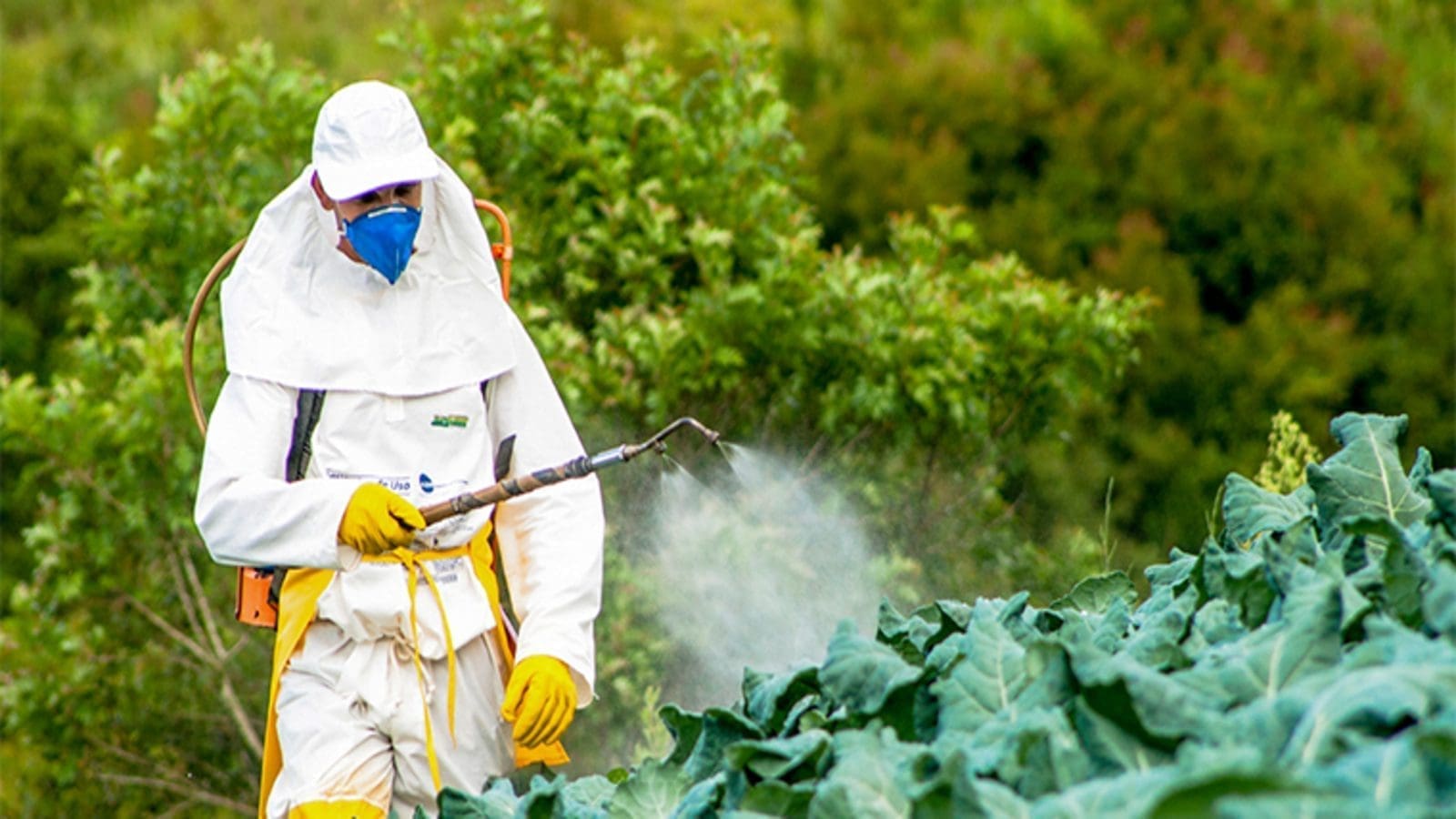U.S – A new US House Oversight subcommittee probe has unveiled that several leading baby food makers haven’t done enough to screen for neurotoxic heavy metals like arsenic, lead and cadmium in their products.
The report follows up on an investigation from the same panel earlier this year, which found concerning levels of heavy metal contamination across many popular baby and children’s food products on the market, from rice puffs to infant cereals and purees — findings that enraged parents and put pressure on the Food and Drug Administration (FDA) to set some standards.
The FDA doesn’t have standards for arsenic in baby food, save for rice cereals, which are supposed to be below 100 ppb, per a standard finalized in 2020. The FDA standard for bottled water is 10 ppb.
“My subcommittee’s investigation has pulled back the curtain on the baby foods industry, and each revelation has been more damning than the last,” said Rep. Raja Krishnamoorthi (D-Ill.), chair of the Subcommittee on Economic and Consumer Policy.
The subcommittee’s latest report lambastes Beech-Nut for issuing only a partial recall and Gerber for not doing a recall at all after Alaska state officials earlier this year found that both companies had rice cereals on the market that exceeded FDA’s standard for arsenic.
Beech-Nut has since resolved to stop selling baby products containing rice due to arsenic concerns. The company said it made the decision because it is doubtful of its ability to consistently obtain rice flour well-below the FDA guidance level.
“My subcommittee’s investigation has pulled back the curtain on the baby foods industry, and each revelation has been more damning than the last.”
According to Politico, Gerber’s spokesperson said company officials are reviewing the report.
“We have set safety and quality standards that are among the strictest in not just the U.S., but the world. Because Gerber believes in only the highest standards, we have and will continue to fully cooperate with the congressional subcommittee inquiry,” said the spokesperson.
The panel also claims that Plum Organics, another popular brand, sells products “tainted with high levels of toxic metals” based on testing data submitted by the company. According to the report, every Plum Super Puffs rice product that was tested from 2017 to 2019 surpassed 200 parts per billion (ppb) of arsenic. Rice puffs are popular snacks for babies and toddlers.
Walmart, which sells its own private-label products, was heavily panned in the report for enfeebling its own internal standard for inorganic arsenic, which for a time was more stringent than FDA’s. The company’s limit was 23 ppb until 2018. The panel expressed that relaxing the company’s own standard was an extreme course reversal on efforts to protect babies’ neurological development.
“We are committed to providing high quality private brand baby food products that are safe and nutritious,” Walmart said in a statement.
The company said its requirements for suppliers have always aligned with or exceeded FDA’s standard on arsenic.
Sprout Foods, another major brand, was slammed for only requiring that its ingredients be tested for heavy metals once per year, a policy the subcommittee termed “the most reckless testing practice among manufacturers on the market.
“We are committed to providing high quality private brand baby food products that are safe and nutritious.”
The subcommittee said all five companies docketed in the new report were cooperating with the panel’s inquiries to varying degrees, submitting data and other information to staff. It is urging the FDA to hasten its work to set its first-ever standards for heavy metals across most baby food products over the next three years, a plan the agency revealed in April after facing a salvo of criticism for acting sluggishly on the issue.
Liked this article? Subscribe to Food Safety Africa News, our regular email newsletters with the latest news insights from Africa and the World’s food safety, quality and compliance. SUBSCRIBE HERE








